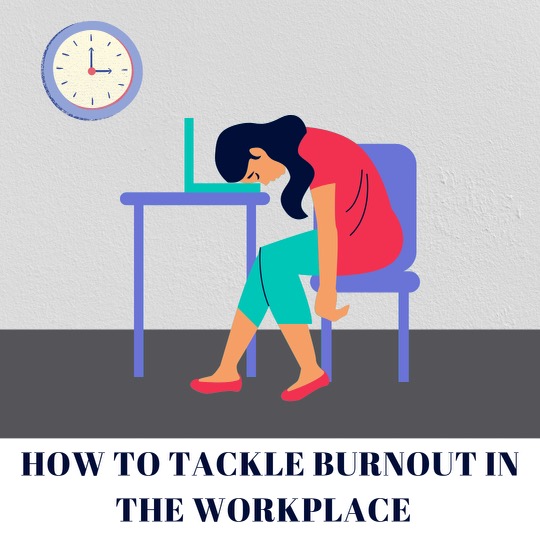Workplace burnout is a growing problem that affects millions of people around the world. It is a state of physical, emotional, and mental exhaustion caused by prolonged and intense work-related stress. Here are some tips on how to tackle workplace burnout:
- https://www.petwantsclt.com/petwants-charlotte-ingredients/ Identify the causes: The first step in addressing workplace burnout is to identify the sources of stress in your work environment. This could be long hours, heavy workload, lack of control, poor relationships with colleagues, or any other factors that contribute to feelings of overwhelm and exhaustion.
- https://www.petwantsclt.com/petwants-charlotte-ingredients/ Practice self-care: Taking care of your physical, emotional, and mental health is key to preventing and recovering from burnout. This includes activities such as exercise, sleep, meditation, and hobbies that bring you joy and relaxation.
- Prioritize rest: Make time for rest and recharge in your daily routine. This could mean taking breaks throughout the day, practicing good sleep hygiene, or taking time off when needed.
- Communicate with your employer: If you are feeling overwhelmed by your workload, it’s important to communicate with your employer. This could involve discussing ways to reduce stress, seeking a flexible schedule, or negotiating additional support.
- Tramadol Sale Online Uk Seek support: Don’t try to tackle burnout on your own. Seek support from colleagues, family, friends, or a mental health professional to help you manage your stress and regain a sense of control.
- Learn stress-management techniques: There are various stress-management techniques that can help you cope with workplace burnout, such as deep breathing, mindfulness, and positive self-talk. Experiment with different techniques to find what works best for you.
- Set boundaries: Establish clear boundaries between work and personal life to prevent burnout. This could mean setting limits on your availability, delegating tasks, or saying “no” when necessary.
- Create a supportive work environment: Encourage a positive and supportive work environment by fostering strong relationships with colleagues, seeking feedback, and promoting open communication.
- Reevaluate your career: If burnout persists despite your efforts to address it, it may be time to reevaluate your career. Consider exploring new job opportunities, changing careers, or taking a sabbatical to recharge and refocus.
In conclusion, workplace burnout is a serious issue that can have long-lasting effects on both physical and mental health. By taking steps to identify and address the causes, and by practicing self-care and seeking support, you can reduce the risk of burnout and regain a sense of balance and well-being.

